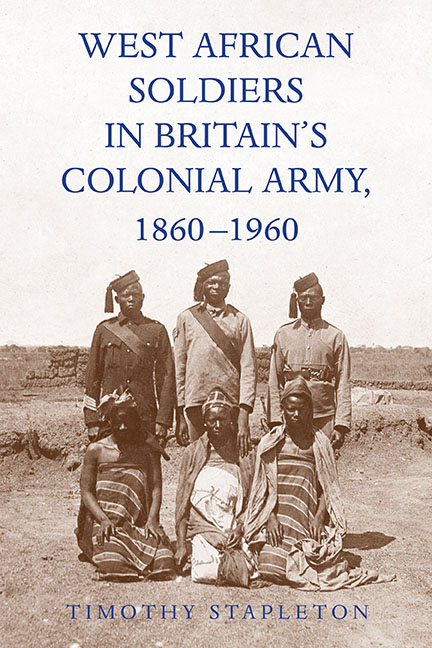Book contents
2 - Identities: Nigeria and Ghana
Published online by Cambridge University Press: 07 October 2022
Summary
The history of modern African ethnic identities is much debated. The colonial view of African ethnic affiliations like the Yoruba of Nigeria or the Kikuyu of Kenya (often uncritically called “tribes”) as primordial and static seemed confirmed by the prevalence of ethnic politics in independent Africa. According to this view, which became widely popular in Africa and elsewhere, specific ethnic groups have always possessed their own special traits and loyalties, differentiating them from other broad communities. Nevertheless, and inspired by wider interest in the making of traditions and identities, Africanist scholars of the 1980s and 1990s revised this understanding, presenting modern African ethnic affiliations and stereotypes as relatively recent constructs of the colonial era, resulting from official divide-and-rule policies, missionary education, and the activities of Westernized African elites. Recognizing that broad African linguistic and cultural groups existed prior to colonization, these constructivist scholars maintained that precolonial African identities were complex and multilayered, and that wider ethnic groupings and rivalries only became important from the colonial period onward. Such revision appeared particularly influential in the study of Southern and East African history but less so with regard to West Africa. From around the 2000s, however, other scholars questioned the recent invention theory, claiming that broad African ethnic identities and values around them comprised important concepts well before colonial conquest.This academic disagreement may never achieve resolution given the limited evidence relating to Africa before colonial conquest and the amorphous nature of the concept of identity.
Debates over the development of African ethnic identities extend to the continent's military history. Some of the most well-known African ethnic stereotypes revolve around martial or warrior reputation. In colonial Africa, given the primordial view of African ethnic identities, European officials believed that specific indigenous communities possessed inherent martial qualities and consequently produced effective soldiers. The French in West Africa preferred to enlist the supposedly more “civilized” Sahelian peoples such as the Tukolor and Bambara and were initially dubious of Wolof martial abilities given that group's history of interaction with Europeans in Senegal. Men from the southern coastal forest of West Africa such as southern Cote d’Ivoire, so French authorities imagined, were too primitive and physically weak for soldiering.
- Type
- Chapter
- Information
- West African Soldiers in Britain's Colonial Army, 1860-1960 , pp. 56 - 100Publisher: Boydell & BrewerPrint publication year: 2021

